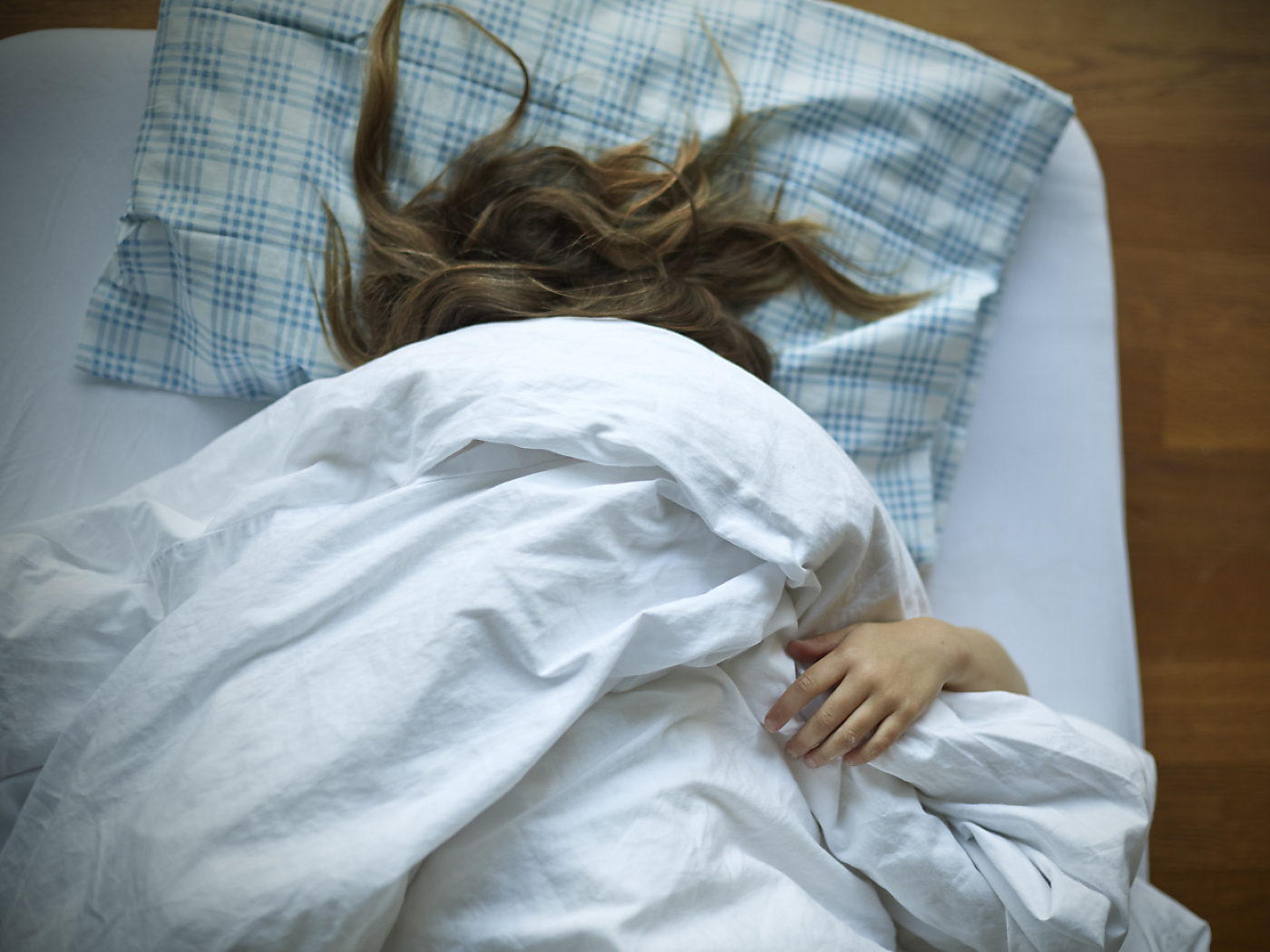
Over two-thirds of Swiss people are tired and exhausted

According to a study, more than two-thirds of the Swiss population feels tired and exhausted. Only 15% of respondents currently rate their state of health as very good.
+ Get the most important news from Switzerland in your inbox
This is the lowest figure since the series of studies began in March 2020, health insurer CSS wrote on Tuesday about its fifth health survey. According to the survey, 35% of the population feel ill or not completely healthy.
Across all age groups, 68% of respondents stated that they were often exhausted and tired, it added. This is the “new pandemic”, so to speak. It is striking that the 18 to 35 age group has the most negative perception of the pressure to perform.
Some 75% have the feeling that they always have to be healthy and productive. This is reflected in persistent exhaustion. And more and more people are experiencing burnout.
Swiss people still feel less healthy overall than they did before the Covid pandemic, according to the results of the study. This now applies to the vast majority of 18 to 36-year-olds in particular – only a fifth of this age group say they feel “very healthy” (2023: 27%).
Nevertheless, there are some bright spots in the mental health of younger people. In contrast, however, there is an increasing perception of pressure to perform at work, which is spilling over into private life.
The Sotomo research institute conducted the health study for the fifth time on behalf of CSS. From June 13 to 21, 2,456 people in German, French- and Italian-speaking Switzerland were surveyed online.
Translated from German by DeepL/mga
This news story has been written and carefully fact-checked by an external editorial team. At SWI swissinfo.ch we select the most relevant news for an international audience and use automatic translation tools such as DeepL to translate it into English. Providing you with automatically translated news gives us the time to write more in-depth articles.
If you want to know more about how we work, have a look here, if you want to learn more about how we use technology, click here, and if you have feedback on this news story please write to english@swissinfo.ch.

In compliance with the JTI standards
More: SWI swissinfo.ch certified by the Journalism Trust Initiative




























You can find an overview of ongoing debates with our journalists here . Please join us!
If you want to start a conversation about a topic raised in this article or want to report factual errors, email us at english@swissinfo.ch.